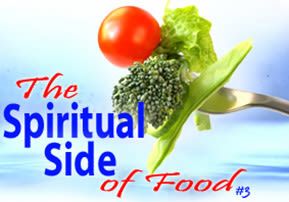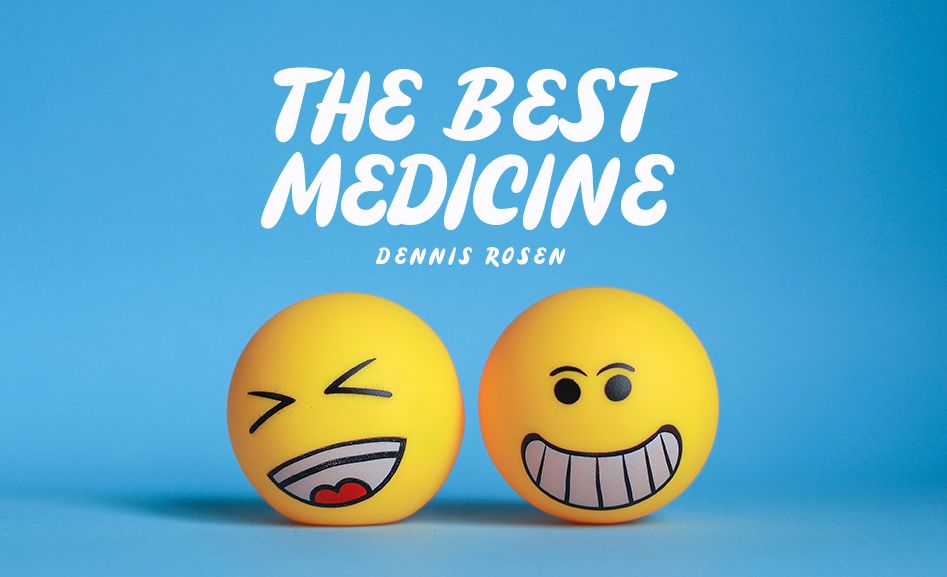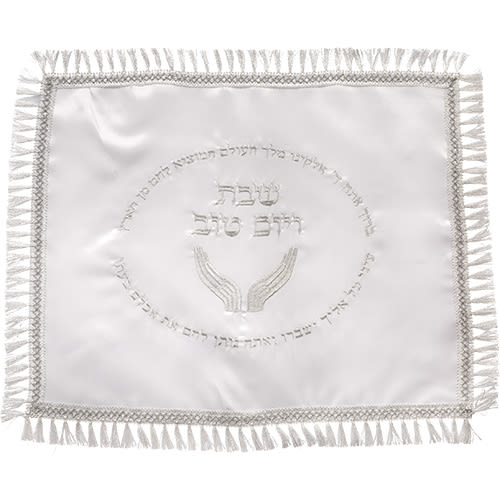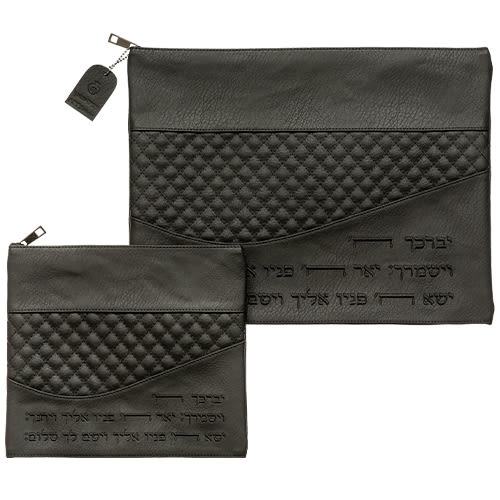
The Spiritual Side of Food
Just think of what happens to that fancy Chinese dinner that you pay through the nose for only 36 hours after you finish eating it. Is it really worth it?

Healthy Eating, Part 3
The holy Ariza’l, the father of Kabbala explains that food, like any other entity in the universe – mineral, plant, animal, and of course human – is made up of a body and soul. The apparent physicality of the food is its body, while its intrinsic spiritual growth force is its soul. The Midrash teaches us in Breshit Raba 10:6 that there’s not a single blade of grass in the universe that doesn’t have its own personal angel that taps it on the head and tells it to grow. When a person eats in holiness, he benefits from the spiritual side of the food. In other words, Hashem’s utterance that was the original life-force now becomes incorporated into the soul of the person that ate the food. So, when a person eats in holiness, his body benefits from the physical nutrients of the food and his soul benefits from the spiritual life force of the food. Now we can understand what the Torah means when it says “A man shall not live on bread alone, but on every utterance of Hashem shall a man live.”
Let’s go a step further. In spirituality, there’s the Sitra d’kedusha, the side of holiness, and the Sitra Achra which literally means “The Other Side”, or the dark side of unholiness. There are two ways a person can contaminate his or her soul by way of food: If they eat in a lustful manner, then they don’t derive the holy life force of the food that their soul thrives on, in other words, Hashem’s utterance that was the original life-force of the foodstuff that is pure holiness and therefore the vitality of the soul. Second, if they eat a food that’s forbidden by Torah, such as shellfish, milk & meat or unkosher meat meat, then their souls are hit by a dose of spiritual poison, for any forbidden foods have a dark-side vitality to them.
Even permissible foods have a dark side to them. When a person physically overeats, or eats things that aren’t healthy for him, then rather than deriving the holy vitality of the foodstuff, he gets slammed with an evil injection of dark-side venom.
I’d like to share with you a story from my own personal experience. I’ll never forget when I was a rabbinical student in Jerusalem some eighteen years ago, I once came home really hungry. I threw a tremendous 8-ounce tuna steak on the grill, and wolfed it down. About 10 minutes later, my eyes turned red, my face and my hands became swollen, and my body felt like it was on fire. Luckily, my neighbor – Dr. Chaim Assus who today is one of Jerusalem’s leading Kabbalists – is also a physician. He took one look at me and said, “You see what happens when a person eats with lust? Rather than reviving the holy spark of what you eat, you got blasted by the dark side of whatever you ate!” He then asked me what I ate and I told a big tuna steak. Dr. Assus then said that the fish probably was contaminated with mercury on a physical level, but that I made things a lot worse by gulping it down with a ravenous hunger. That’s not the way to eat. At any rate, Dr. Assus told me to do teshuva for lustful eating, take two aspirins, and then go to sleep. I did all three, and in two hours, everything was OK again.
Eating is such a lofty act of holiness that Rebbe Nachman of Breslev says in Likutei Moharan I:62 that eating creates a union of Hashem and The Divine Presence. Eating in holiness creates a birur, which is the spiritual sifting of the good from the evil that we were just referring to.
When we eat in holiness, we derive the beneficial holy aspect of our food, and G-d forbid, the opposite happens when we don’t eat in holiness. Rebbe Nachman of Breslev explains that a birur can’t be done properly without emuna. With true emuna, we’re not worried about where our next meal is coming from. We don’t have to gorge ourselves with food and we certainly don’t have to fall in the trap of short-term bodily gratification. Just think of what happens to that fancy Chinese dinner that you pay through the nose for only 36 hours after you finish eating it. Is it really worth it?
All lusts come from the dark side. All lusts and especially the lust for eating are detrimental to emuna.
People think that Hashem punishes. No, we punish ourselves when we don’t listen to all the wonderful directives that Hashem gives us throughout the entire Torah, both written and oral. It’s amazing to see the number of people that consider themselves observant, yet have never learned what Halacha says about healthy eating. People might be super careful in examining the kosher certificate of a product, yet they go home and eat a heavy meal of starches and animal fats while drinking beer and soft drinks. Unbelievable!
Check out the Rambam in Hilchot Deot, Chapter 4. These are halachaot, not simple recommendations. The Rambam says never to eat or drink for fun or for a pastime. One should only eat or drink when the body feels the need.
Once you sit down to eat, The Rambam says never to eat to full capacity. One’s stomach should remain at least 25% below full capacity in order to proper digest the food. Overeating is the root of most physical ills. I strongly suggest that each person learn what the Rambam says about eating. The Rambam says, “Eat in order to live, and avoid the rest of the food,” and guarantees that a person will be healthy if he heeds his directives. Only the Rambam can make such a promise.
To be continued.













Tell us what you think!
Thank you for your comment!
It will be published after approval by the Editor.